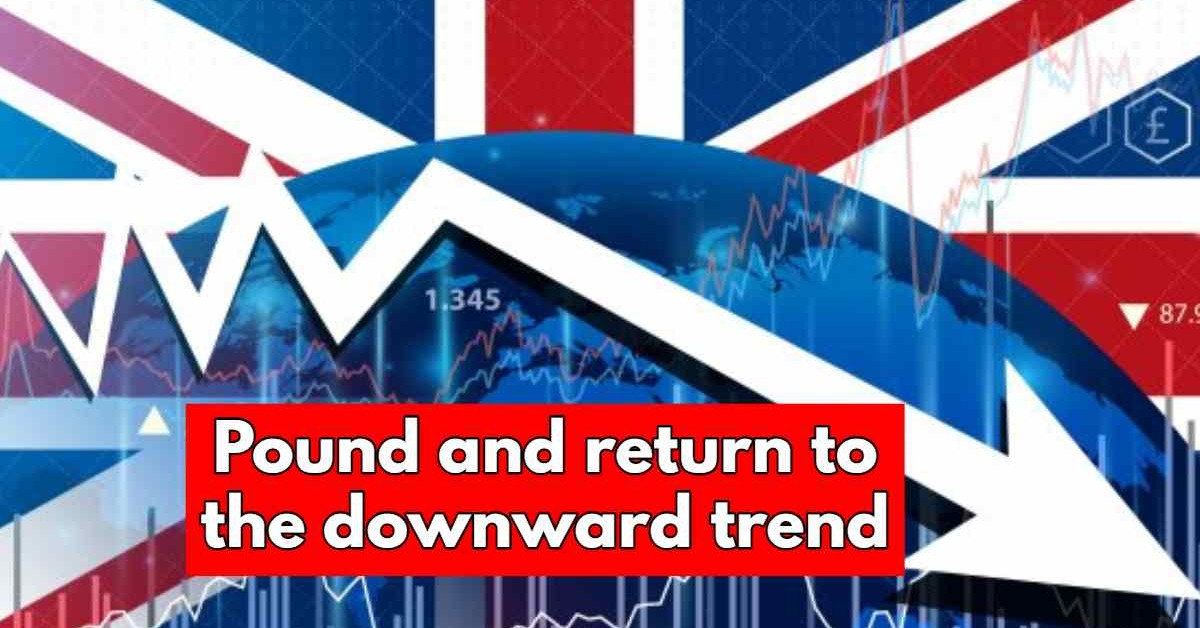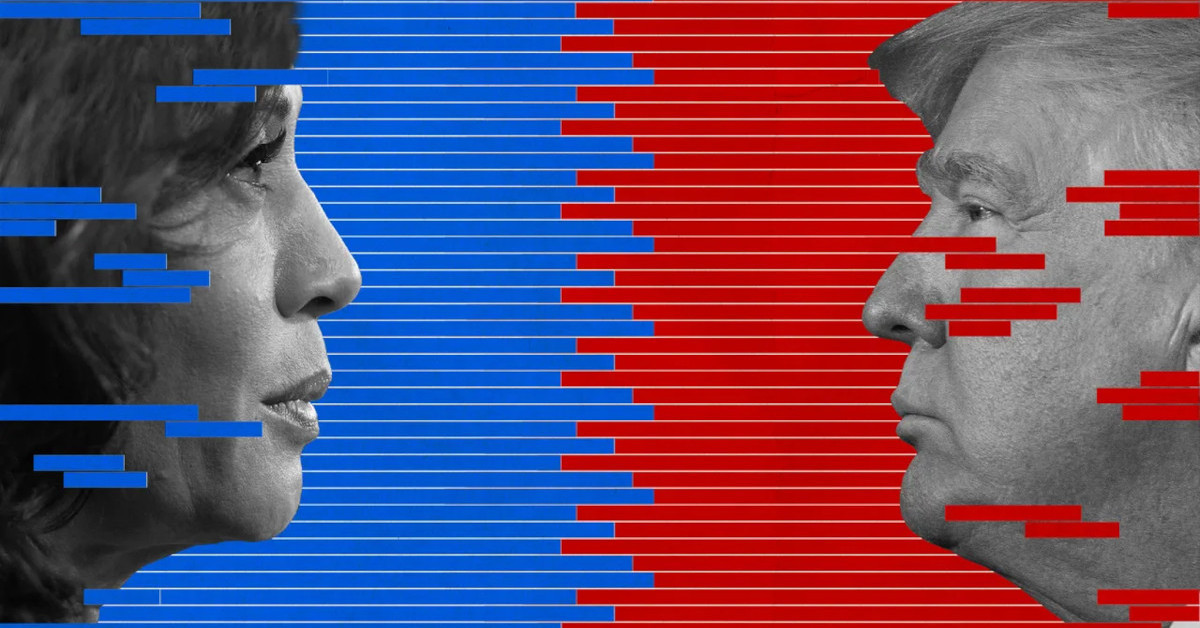UK in recession, Bailey is serious about raising interest rates
Cable raised sharply last week, but mostly because of the weaker dollar. GBP/USD passed the 1.164 resistance and closed at 1.1843 on Friday. Political uncertainty caused by the US mid-term elections and guesses about the Republican victory, caused the dollar to retreat sharply, while unexpectedly low US inflation data increased the chance of less hawkish policies, and decreased the US dollar value. This political uncertainty in the UK also has been playing a major part in the Sterling decline over the past few months and sent the pound to its all-time low.
With these weaknesses seen in the UK economy, BOE’ will have less room to hike interest rates. Now it will be very important to see what priority BOE going to choose, fighting inflation or avoiding recession. In September, UK annual inflation returned to 40-year highs at 10.1%, after cooling to 9.9% in August. Therefore, while it seems that BOE has no choice but to raise the rates, but weak economic backdrop can change the policymakers' minds to second thoughts.
Data published last Friday, November 11, officially confirmed the UK economic recession. UK annual GDP in September fell more than -0.4% market expectations to contract -0.6%. Even though annual GDP in the third quarter increased by 2.4%, slightly higher than market expectations of 2.1%, it was far lower than the previous value of 4.4%, and the three-month GDP in September decreased by -0.2%, which was expected to contract by -0.5%. These numbers confirm that the British economy is indeed facing a recession. The BOE expects the recession to last almost two years, with expansion not expected again till mid-2024.
In addition, the UK's trade deficit with the EU and non-EU countries recorded the lowest level since December last year. In terms of business investment, British Business Investment in Q3 decreased by -0.5%, much less than the 3.7% increase of the second quarter. By looking at these numbers, we can expect fewer tightening measures to support the economy, but with recent comments from MPC members and Governor Bailey, we can see a high probability that the UK's economic recession will not prevent the Bank of England from maintaining a tight monetary policy. Recently, Governor Bailey sent a clear signal that "there may be more interest rate hikes in the coming months."
After last week's bulls run which sent the Cable towards the 1.18 area for the first time since August 26, this week started with GBP weakness. From the technical point of view, GBPUSD moves in a clear uptrend, but still, 1.1843 is the strong resistance, and any next bull run should start above that level. OBV also confirms that with increasing GBP, the market volume also increases, but it is not strong enough. Therefore it makes no sense to bet on bulls under 1.1843.


















